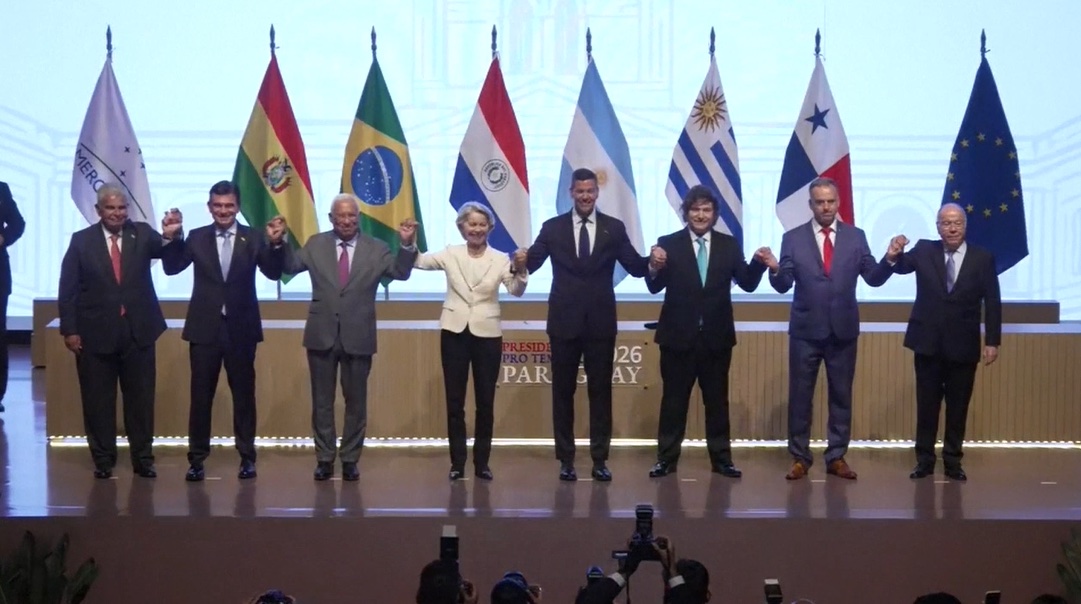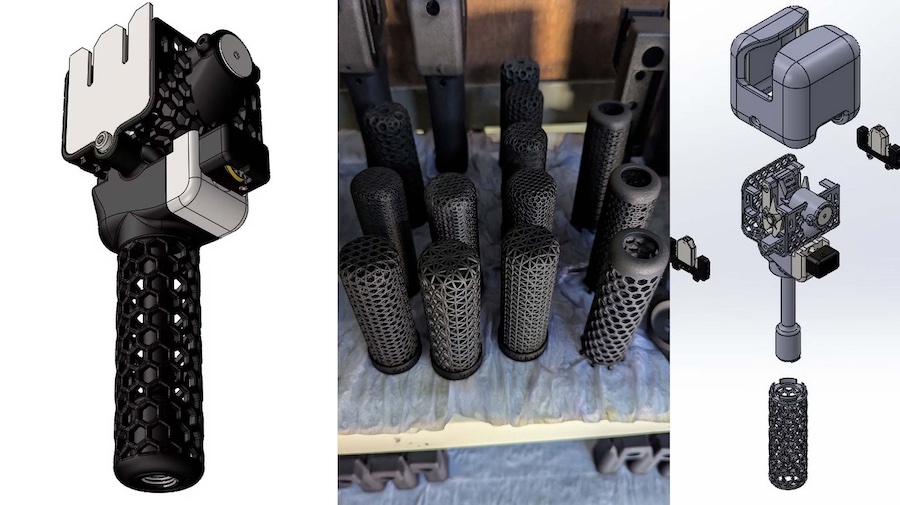#Associations
EURATEX contributes to the EPR policy debate by highlighting the positive and negative aspects of this system.
The European Union regulated EPRs in the 2018 Waste Directive, which introduces minimum requirements for the Member States to establish EPRs, in the sectors and cases they see it fit.
The problem is that most of the current EPRs were designed for a linear economy models. They were applied in sectors as packaging, vehicles, electrical and electronic equipment. In these sectors, EPRs gained some support, based on positive experiences in value chains.
Nevertheless, it is not proved that EPRs are the appropriate policy tool to boost circular economy and broader sustainability across the textile value chains. This requires thorough consideration of the possible benefits, limits and unintended consequences.
That’s why EURATEX recommends that:
1. EPR should be designed to support circularity?
2. EPR should value different Textiles?
3. EPR should solve real problems?
4. No contradictions in EPR schemes for textiles across the EU?
5. There should be agreement for 1 single Eco-modulation concept?
6. EPRs scheme should not bear detrimental unintended consequences?
7. EPR should enable CE through cooperation and shared responsibility
To know more about each single recommendation, read the full position paper on EPR:
https://euratex.eu/wp-content/uploads/EPR-position-paper-FIN.pdf














